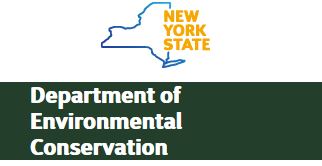Advocacy
Focus Areas

Contact:
Lisa Serbaniewicz Marino
(212) 402-3496
lisa@marinopr.com
Business Advocates Propose Needed Changes to Decades-Old Regulations
White Plains, NY – May 14, 2018 – The Westchester County Association (WCA) today issued a call for much- needed reforms to New York State’s outdated land use regulations: a move intended to bolster smart growth across the county.
First adopted in 1975 under the State Environmental Quality Review Act (SEQR), the regulations were devised to guide economic development in New York State, but were last updated more than two decades ago and have stifled growth in recent years. The WCA, Westchester’s leading economic development entity, today issued a series of recommendations it says will reduce uncertainty and streamline an overly burdensome review process.
Key reforms the WCA is proposing include:
The WCA issued its full set of recommendations to the New York State Department of Environmental Conservation (DEC) on May 11, 2018, which was the deadline for comments on changes the agency is considering.
In 2017, the DEC announced it would update its SEQR regulations and issued a draft of proposed updates for public comment. The WCA issued initial recommendations in May 2017. This new set of recommendations is a response to the revised draft amendments, which the DEC issued in April 2018.
About The Westchester County Association
The Westchester County Association is the leading economic development and business advocacy organization serving Westchester County and the region. The Association is committed to Smart Growth, business advocacy and economic vitality, and to providing a strong and clear voice for the interests of business. Its key objectives are to promote positive economic development in the region; foster business development; and provide its members with access to and interaction with key public and private sector individuals, agencies and organizations.